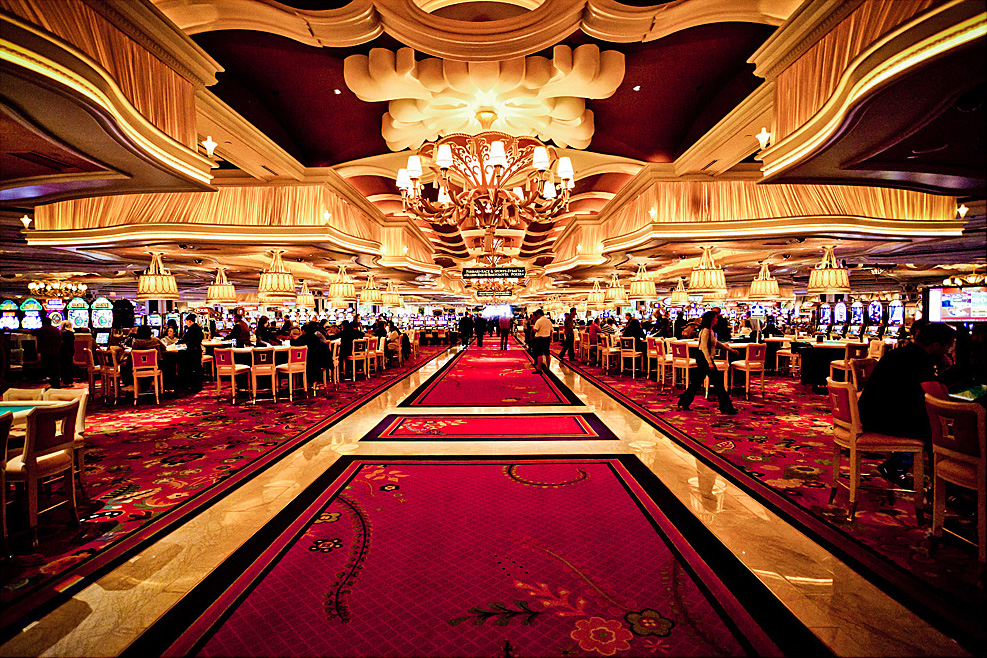Creating an Casino Gaming Dominion: Narratives of the Sector

The appeal of casino-related activities has enchanted huge numbers of people around the world for ages. From the whirling roulette wheel to the sound of dealing deck of cards, the rush of chance and talent merges to create an energetic atmosphere that draws individuals in. These activities are not just pastimes; they have become an integral part of the leisure industry, evolving into a global phenomenon that encompasses luxurious getaways, vibrant digital gambling spaces, and all that lies in between.
As the need for unique and immersive experiences continues to expand, the narratives behind the achievements of casino games reveal a captivating landscape. Innovators and designers are constantly extending the boundaries of innovative thinking and originality, causing the emergence of new games and engaging advancements. Exploring these stories gives us a glimpse into the requirements to establish a gambling enterprise and the enthusiasm that motivates those operating behind the scenes.
The Progression of Casino Games
Gambling games have a rich past that stretches back centuries, with their beginnings frequently connected with ancient rituals and social gatherings. The initial types of betting can be linked back to ancient China, where dice games were played, and even to the Roman Empire who partook in betting on multiple occurrences. Over time, these primitive forms of entertainment evolved into more structured forms, culminating in the creation of games like baccarat and roulette in the 17th century. These initial gambling games laid the basis for the industry we witness today.
As the world advanced, so did the complexity and variety of gambling options. The 19th century marked a crucial turning point with the creation of formal casinos in locations like Monte Carlo and Las Vegas. This era saw the emergence of famous games such as poker and blackjack, which fascinated the imaginations of players around the world. The growth of these games was enhanced by advancements in game development and the implementation of betting regulations that made the industry more regulated and appealing to the public.
The technological revolution in the late 20th and early 21st centuries transformed the landscape of gambling options yet again. non GamStop slots The introduction of the internet brought about online casinos, enabling users to enjoy their favorite games from the convenience of their houses. This change not only expanded the scope of casino games but also introduced new formats like live dealer games and mobile gaming apps. Today, the gambling game industry continues to progress, with cutting-edge technologies such as virtual reality and blockchain promising change the prospects of gambling.
Successful Game Creation Techniques
The basis of a successful casino game empire lies in the creation of entertaining and innovative games that enthrall players. A effective strategy involves thorough market research to comprehend current trends and player preferences. By evaluating user feedback and studying high-performing titles, developers can identify what connects with players and what features are in request. Adding original themes, multifaceted game mechanics, and artistically appealing graphics are crucial to stand out in a cutthroat landscape.
Collaboration is another key element of effective game development. Uniting talented designers, programmers, and mathematicians certifies that games are both visually stunning but also equitable in terms of gameplay. Encouraging clear communication among team members promotes creativity and results in novel concepts. Moreover, interacting with players during the beta testing phase permits developers to gather valuable insights that can enhance gameplay elements before the official launch.
Lastly, efficient marketing strategies cannot be overlooked in establishing a thriving casino game empire. Developing a persuasive narrative around the game and utilizing digital media platforms to create buzz can significantly impact player acquisition. Offering promotions, loyalty rewards, and engaging in community events can also enhance player retention. By combining strong development practices with smart marketing, game developers can create an immersive experience that keeps players returning for additional.
The Outlook of Gambling Gaming
The environment of casino play is evolving quickly, driven by developments in technology and changing player preferences. Digital and portable gaming is prepared to dominate the industry as more players seek convenience and access. Augmented reality and augmented AR are also making their way into the gambling experience, providing immersive settings that elevate traditional gaming to a new level. As players crave more participatory and engaging interactions, casinos will need to adapt and innovate to keep their audience interested.
Additionally, the incorporation of artificial tech and information analytics will play a significant role in defining the future of gambling games. Casinos will use information to comprehend gambler actions, personalize experiences, and improve customer service. Personalization will become essential, as gamblers will demand games that modify to their tastes and play styles. As the gaming industry makes use of these understandings, the creation of new play types and elements will probably appear, keeping the gambling experience fresh and exciting for everyone.
Moreover, the movement towards safe play is becoming increasingly important. As authorities and players focus more on gambler welfare, casinos will need to implement measures that encourage responsible play practices. This could include features that allow players to set limits on their expenses and playtime, as well as better resources for those who may be dealing with gambling addiction. By prioritizing responsible gaming, casinos can establish trust with their clientele and ensure a viable future in the competitive environment of casino gaming.
